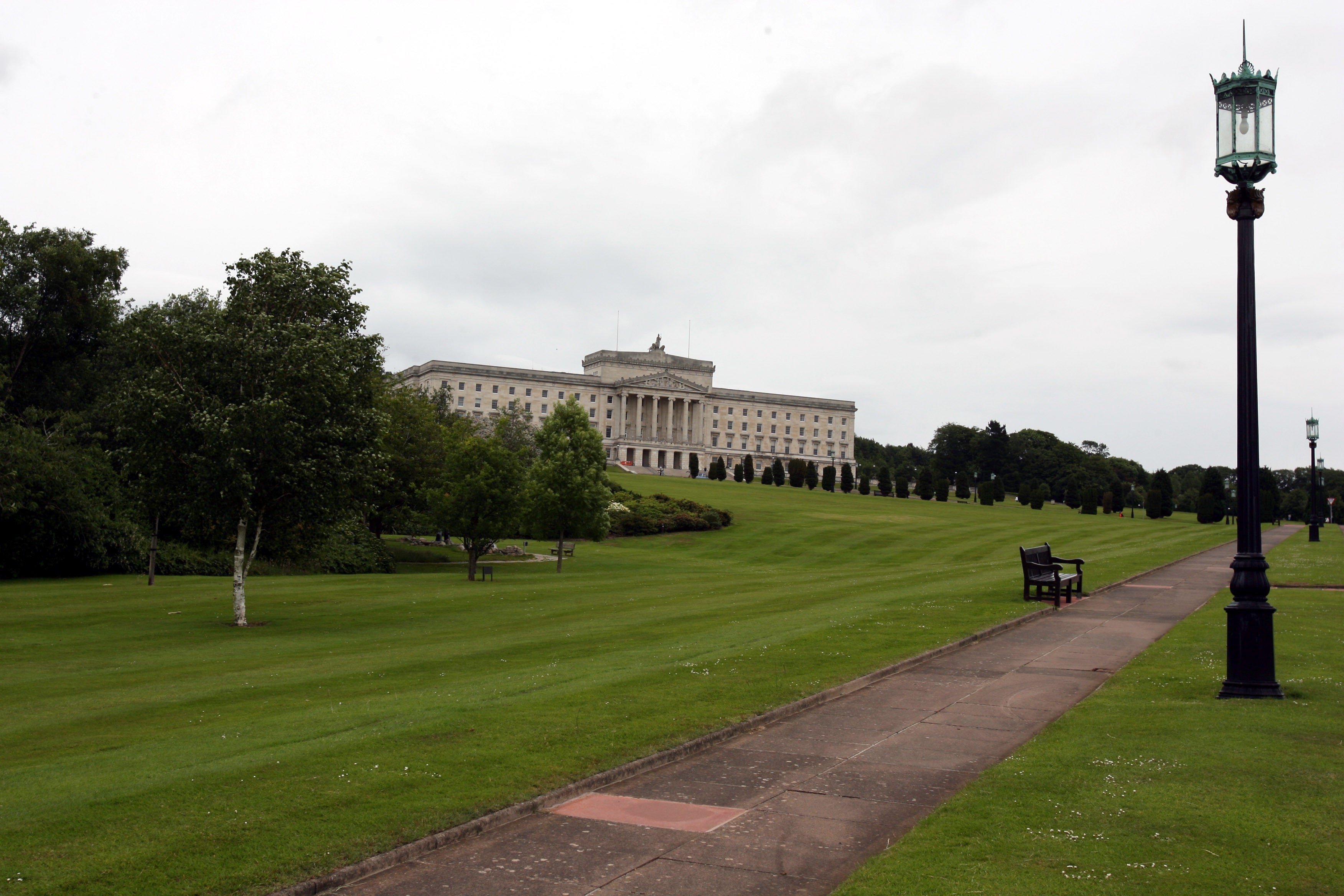Enforcement of abortion clinic safe access zones ‘must balance competing rights’
Chief Superintendent Melanie Jones spoke to Stormont’s Health Committee on the proposed new legislation.

A senior police officer has said that competing human rights must be balanced in the enforcement of proposed safe access zones around abortion clinics in Northern Ireland
Green Party MLA Clare Bailey proposed the legislation, describing a “campaign of harassment and intimidation” outside facilities by anti-abortion campaigners as having “escalated” in recent months.
Northern Ireland’s restrictive abortion laws were liberalised in 2019, but provision of services has yet to be fully rolled out across the region amid a political dispute over the highly sensitive issue.
Ms Bailey’s Private Member’s Bill is currently being scrutinised by the Stormont Health Committee
Committee chair Colm Gildernew said there are similar laws in Canada, parts of Australia and the United States, while Ireland is considering proposals.
Chief Superintendent Melanie Jones told the committee the vast majority of incidents include the display of graphic images, handing out leaflets, tactics bordering on aggressive to try to influence people around choices.
She said there was also “unpleasant name calling, accusing behaviours”, people being “quite confrontational and getting into people’s personal space”, and a reluctance to back away.
Chief Supt Jones said she would advise “careful consideration around the competing human rights at play”.
She said the right to respect private and family life would apply to clinic staff and those accessing services, while those protesting could argue rights to freedom of thought, conscience and religion as well as freedom of expression and assembly.
The officer said she could see potential loopholes in the legislation, including that it could be very difficult to disprove a lack of knowledge by the protesters around where the safe zone extends, with enforcement only possible against repeat offenders.
“That does mean then that the activity of them being there would have to be tolerated for some time, which could have an adverse impact on persons who were attending the place either for treatment or to work there,” she told MLAs.
She also observed that within the enforcement section, there is no requirement for those removed from the safe zone to provide their personal details to police.
“That provides a difficulty if people were to re-enter that safe zone and continue in the same conduct … unless it happens to be the same officers at the same place and time,” she said.
Chief Supt Jones also raised resourcing implications for police.
“Protests of this nature can be frequent and spontaneous and be elongated, and effective policing would probably require a continuous police presence for the duration of any such activity both to ensure we have monitoring and evidence gathering in place, to prevent a breach of the peace and also to provide reassurance for those working and accessing services,” she said.
She also said she felt it would be naive to think enforcement of the legislation if passed would not be subject to legal challenge.
DUP MLA Pam Cameron asked about how many police hours the legislation would require.
Chief Supt Jones said it would increase demands on policing, but it was difficult to say without knowing how many premises would require a safe zone.
She suggested that most of the protest gatherings are “fairly compliant” and enforcement could fall to street wardens or other statutory resources.
Sinn Fein MLA Caral Ni Chuilin expressed concerns that someone accessing services would “almost need to complain” they feel harassed for enforcement.
She said she has spoken to women who have been through miscarriage and called murderers and shown graphic images while accessing fertility services, and described the experience as “horrific”.
Ms Bailey also gave evidence in a later sitting of the committee.
She said that women’s right to healthcare is not being upheld at this time, adding her Bill seeks to ensure safe access unimpeded to healthcare.
Bookmark popover
Removed from bookmarks